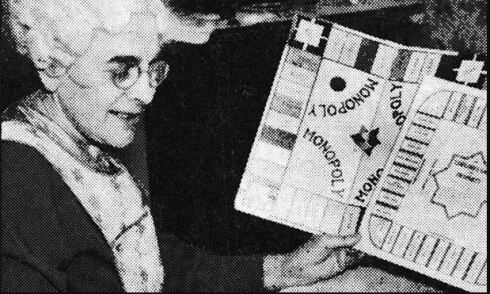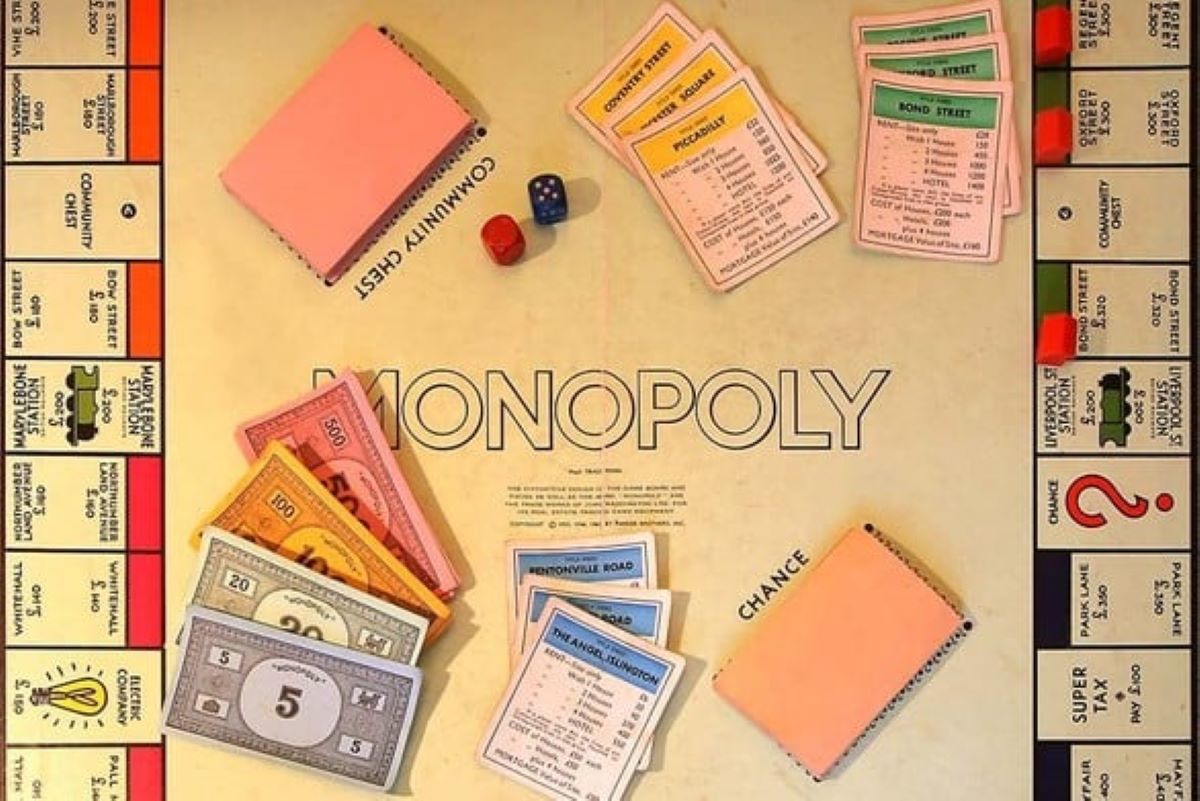By Polina Pallieraki,
“Buy land – they don’t do that anymore,” quipped Mark Twain. It’s an adage that would surely serve you well in a game of Monopoly, the most popular board game that has taught generations of kids to buy up real estate, fill it with hotels, and charge teammates high rents for the privilege of their accidental presence. there.
The game’s famous creator, Elizabeth Magee, would surely lead herself straight in jail if she lived to find out how effective today’s twisted version of her game is. Why though? Because he encourages his players to celebrate the exact opposite values to those he intended to espouse.

Born in 1866, Maggie was an outspoken rebel against the rules and politics of her time. She was single in her 40s, independent and proud of it, and it ended up being a publicity stunt. Placing a newspaper advertisement, she offered herself as a “young female American slave” for sale to the highest bidder. Her aim, she told shocked readers, was to highlight the subordinate position of women in society. “We are not machines,” he said. “Girls have minds, desires, hopes and ambitions.
In addition, Maggie decided to take on the capitalist system of ownership – this time not through a publicity stunt but in the form of a board game. The inspiration began with a book her father, the antitrust politician James Magee, had given her. In the pages of Henry George’s classic Progress and Poverty (1879), he addressed his belief that “the same right of all men to use the land is as clear as their right to breathe the air—it is a right proclaimed by the fact of their existence.
Traveling in America in the 1870s, George witnessed a persistent impoverishment in the midst of increasing wealth, and believed that it was largely inequality of land ownership that bound these two forces—poverty and progress—together. So instead of following Twain in encouraging his fellow citizens to buy land, he called for the state to tax it.
For what reasons? Because much of the value of land comes not from what is built on the lot, but from nature’s gift of water or minerals that may lie beneath its surface, or the co-created value of its surroundings: nearby roads and railways, a thriving economy, a safe neighbourhood, good local schools and hospitals. And he argued that tax revenues should be invested on everyone’s behalf.
Determined to prove the value of George’s proposition, Maggie created and in 1904 patented what she called the Landlord’s Game. It came out on a cardboard as a track, it was full of roads and attractions for sale. The main innovation of her game, however, lies in the two sets of rules she wrote for playing it.

Rules of the game:
Under the “Prosperity” ruleset, each player made a profit whenever someone acquired a new property, and the game was won when the player who had started with the least money was doubling it. Under the “Monopolist” ruleset, instead, players proceeded to acquire properties and collect rent from all those unlucky enough to be there – and whoever managed to bankrupt the rest emerged as the sole winner.
The purpose of the dual rulesets, Magee said, was for players to experience a “hands-on demonstration of today’s land-grabbing system with all the usual effects and consequences” and thereby understand how different approaches to property ownership can lead to great degree to different social outcomes.
The game soon became a hit among left-wing intellectuals, on college campuses, such as the Wharton School, Harvard and Columbia, as well as among the Quaker communities, some of which modified the rules and redesigned the track with street names from Atlantic City. Among the players of this Quaker adaptation was an unemployed man named Charles Darrow, who later sold such a modified version to the Parker Brothers toy company as it were his.
Parker Brothers subsequently bought Maggie’s patent, but then relaunched the board game simply as Monopoly, and provided the eager public with only one set of rules those who celebrate the triumph of one over all, lest we forget that the key phrase to winning at this game is: “Chase the riches and crush your opponents if you want to come out on top.”
Taking everything into account, it is obvious that when people are faced with a game of monopoly, they will surely have questions in their mind, such as: How high should this land tax be? And how the resulting tax revenue should be distributed.
But this is exactly what the magician has been waiting for..
References
-
Monopoly: Το παιχνίδι-ύμνος του καπιταλισμού και οι αριστερές ρίζες του, protothema.gr. Available here
-
Monopoly: Παίζοντας το επιτραπέζιο στην πραγματική οικονομία, ot.gr. Available here




